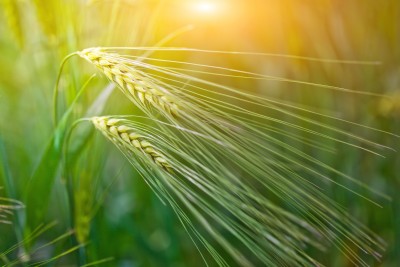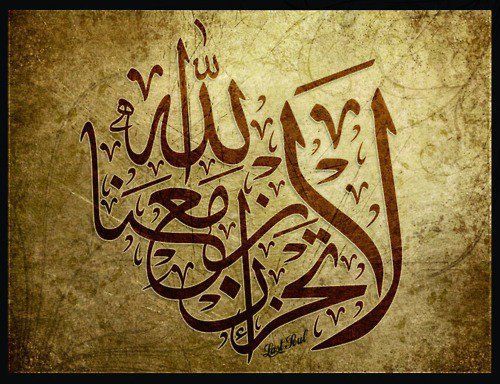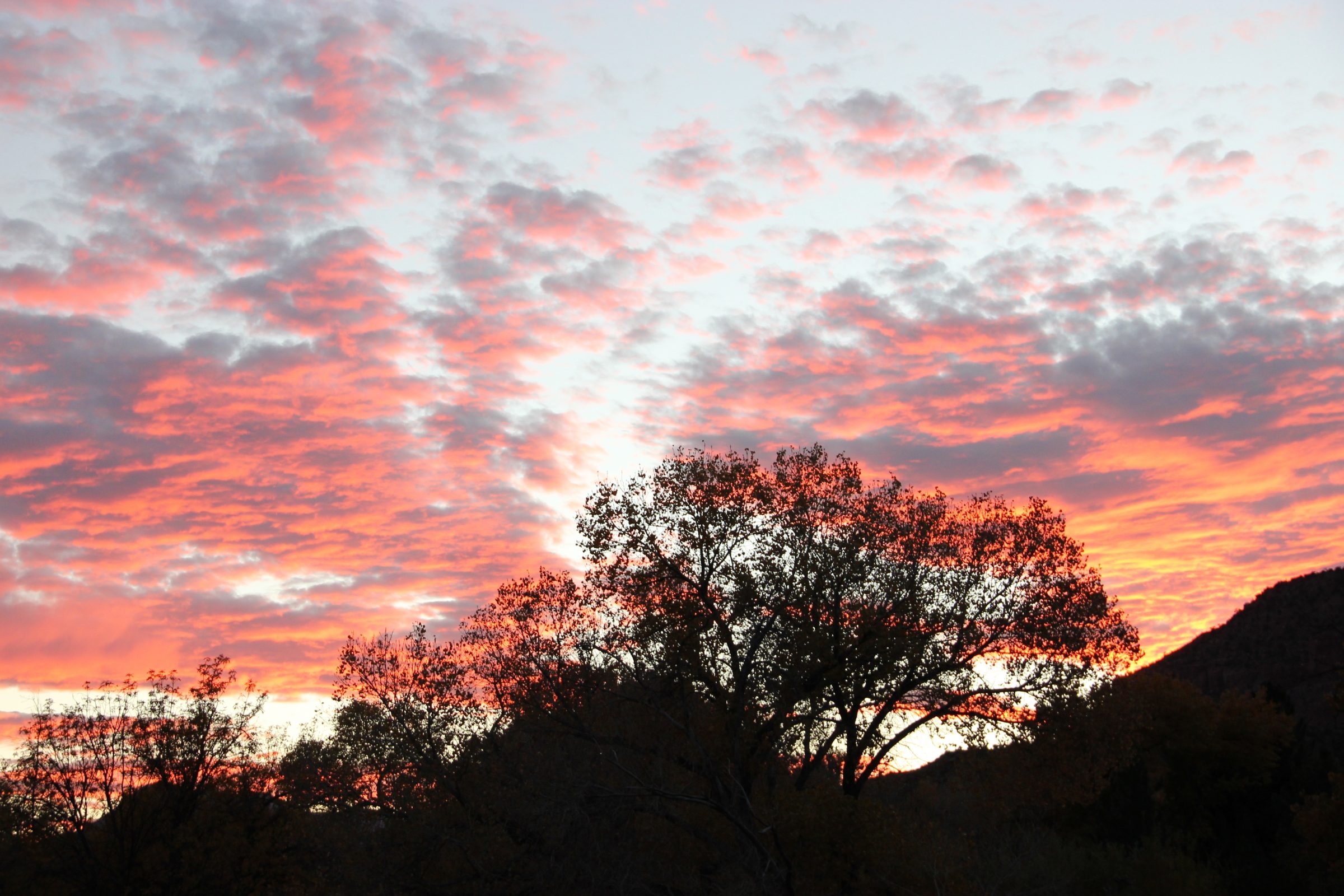 Allah’s Noble Prophet Adam AS was created of clay, a mixture of dust and water. Iblees/Satan was a Jinn, created of fire. In the Holy Qur’an, Allah ta’ala says:
Allah’s Noble Prophet Adam AS was created of clay, a mixture of dust and water. Iblees/Satan was a Jinn, created of fire. In the Holy Qur’an, Allah ta’ala says:
”We created man from an extraction of clay” (23: 12)
And in the Holy Qur’an we learnt of when Iblees, the accursed one said:
“I am better than he [Adam]: You created me of fire as You created him of clay (38:76)” Here, Iblees concluded that fire is better than clay; but this was/is an erroneous conclusion!!
In his work, Sheikh Rashid al-din Maybudi explains that dust (clay) is superior to fire on his commentary on the verse that tells people how to make ablution if water is not available:
”If you find no water, have recourse to goodly dust” (5:6) Allah ta’ala connected purification to water or, at the time of necessity, to dust, and not to anything else.
Dust is better than fire. Fire shows defects, and dust conceals them. Fire’s nature is arrogance, so it seeks to be higher. Dust’s nature is humility, so it seeks to be lower. Iblees brought haughtiness with his words:- ‘‘I am better…” (38:76) Adam brought lowliness and humility with his words: ”Our Lord, we have wronged ourselves” (7:23)
So, let us not look at the form of dust. Look at the secret of the nature thereof. When you give a grain to dust, it gives back many times over. Whatever you give to fire, it burns it away. Plant your grains (seeds) into the dust (ground), and it will nurture it after a short time, and she would give it back as a produce many times over…”in every ear a hundred grains” (2:261)
For further reading, see Sheikh Rashid al-Din Maybudi’s ‘Kashf al-asrar wa ‘Uddat al-abrar (Unveiling of the Mysteries)’ (taken and adapted from here)
 The secret of dhikr is to glorify Allah by reflecting on His Perfect Names, Attributes and Actions and pondering over His blessings and His creation.
The secret of dhikr is to glorify Allah by reflecting on His Perfect Names, Attributes and Actions and pondering over His blessings and His creation.
 Surah Shuraa verse 43
Surah Shuraa verse 43 Surah Zumar, verse 2
Surah Zumar, verse 2 Allah’s Noble Prophet Adam AS was created of clay, a mixture of dust and water. Iblees/Satan was a Jinn, created of fire. In the Holy Qur’an, Allah ta’ala says:
Allah’s Noble Prophet Adam AS was created of clay, a mixture of dust and water. Iblees/Satan was a Jinn, created of fire. In the Holy Qur’an, Allah ta’ala says: Iqbal the poet said,
Iqbal the poet said,
 It is inhuman and impossible to retain a high level of spirituality,
It is inhuman and impossible to retain a high level of spirituality, There should be a healthy balance between fear and hope. Ibn Al-Qayyim (Rahimahullah) explains this balance using the metaphor of the bird on its journey to Allah.
There should be a healthy balance between fear and hope. Ibn Al-Qayyim (Rahimahullah) explains this balance using the metaphor of the bird on its journey to Allah. It has been reported from Fudayl that following the revelation of the command to Dawood AS of showing gratitude (Surah Sabaa’: verse 13), he submitted before Allah ta’ala, “O my Lord, how could I show my gratitude to You fully and sufficiently while my gratitude too, be it oral or practical, is nothing but a blessing bestowed by You? On this too, a separate gratitude becomes due.”
It has been reported from Fudayl that following the revelation of the command to Dawood AS of showing gratitude (Surah Sabaa’: verse 13), he submitted before Allah ta’ala, “O my Lord, how could I show my gratitude to You fully and sufficiently while my gratitude too, be it oral or practical, is nothing but a blessing bestowed by You? On this too, a separate gratitude becomes due.”